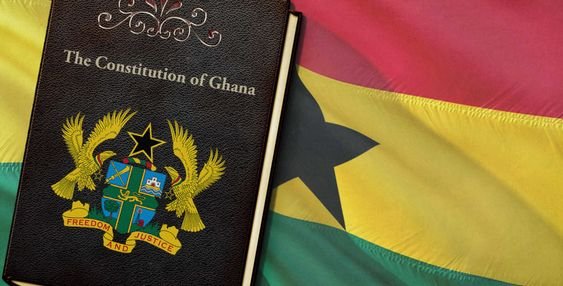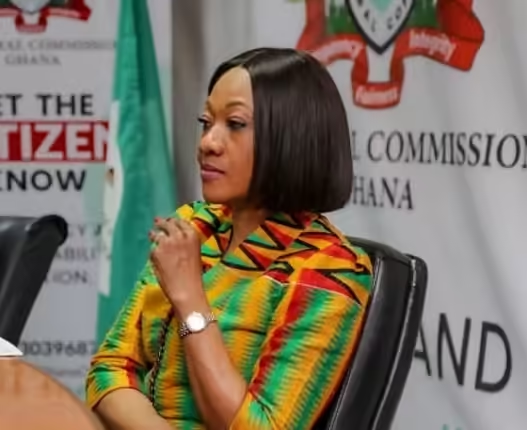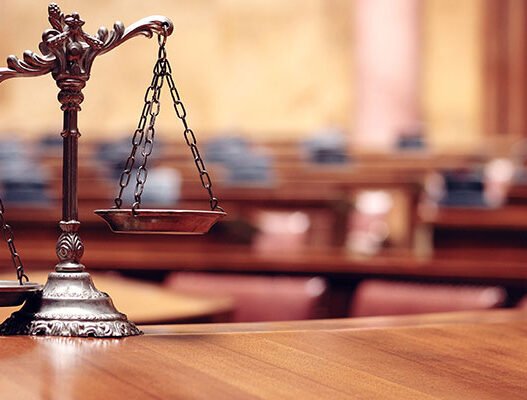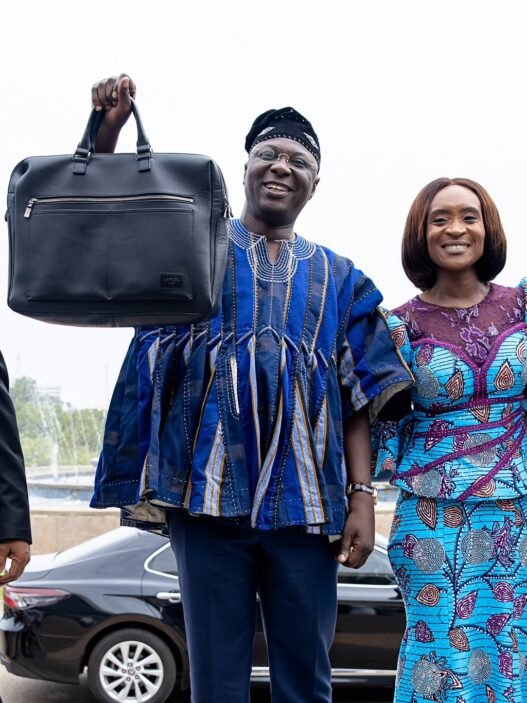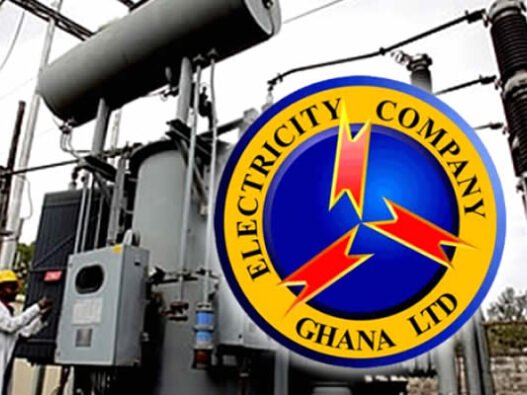Ghana’s 1992 Constitution has been the bedrock of its democratic journey for over three decades. This document ushered in the Fourth Republic, facilitating political stability, peaceful transitions of power, and a growing sense of civic engagement. Yet, as the country continues to evolve politically, socially, and economically, there are growing calls for a comprehensive review of the Constitution to address emerging governance challenges.
While the 1992 Constitution has served its purpose well, it was crafted in the context of a different political landscape, and several provisions have become outdated or insufficient in meeting the needs of modern governance. A serious conversation about constitutional reforms could be the key to unlocking Ghana’s full potential as a democracy.
“One of the surest ways of dealing with entrenched inequality in our society is through constitutional reform.”
Prof. Raymond Atuguba, Legal Scholar and Constitutional Expert
The Case for Reform
The need for constitutional reform is grounded in the desire to create a more balanced, transparent, and accountable political system. Several pressing issues warrant attention:
- Excessive Executive Power: One of the most frequently discussed points in the reform debate is the concentration of power in the hands of the executive branch. Under the current constitution, the President holds extensive authority, from appointing ministers and heads of key public institutions to influencing legislative decisions. While this may have been necessary during Ghana’s early democratic years, it has led to concerns about the lack of checks and balances.Reform advocates argue that Ghana needs stronger mechanisms to limit executive overreach. This could involve reforms to decentralize power, including empowering Parliament, local government structures, and independent institutions.
- Strengthening Local Governance: Ghana’s current system of local governance leaves much to be desired in terms of autonomy and accountability. While the Constitution provides for decentralized governance through local assemblies, in practice, these bodies often lack the resources and political power to implement meaningful change.A constitutional amendment that grants greater fiscal and political independence to local governments could empower regions to address their unique challenges more effectively, fostering development across the country rather than concentrating resources in Accra and other major cities.
- Electoral Reform: Ghana’s electoral system, while widely seen as free and fair, has room for improvement. Concerns about voter disenfranchisement, the role of money in politics, and the sometimes contentious nature of election disputes highlight the need for reform. Strengthening the independence and capacity of the Electoral Commission is essential to ensuring that elections remain transparent, efficient, and credible.
- Judiciary Independence: The independence of the judiciary is a cornerstone of any functioning democracy, yet there have been growing concerns in Ghana about political interference in the judiciary. Calls for reforms center on creating more transparent judicial appointment processes and enhancing protections that allow the judiciary to operate free from political influence.
- Minority Representation and Inclusivity: Ghana’s Constitution, like many others, reflects the social and political realities of the early 1990s. However, the country’s demographic makeup has changed, and there is a need to ensure that the Constitution adequately reflects contemporary issues of minority rights, gender representation, and inclusivity.Constitutional reforms could include provisions that promote gender parity in political representation or offer greater protections for marginalized communities.
Learning from Other Nations
Ghana is not the only country to embark on constitutional reform as it grows democratically. Several African countries, including Kenya and South Africa, have gone through constitutional overhauls in response to changing political and social dynamics. Ghana can draw valuable lessons from these experiences, particularly in areas such as judicial independence, local governance, and inclusive representation.
Kenya’s 2010 Constitution, for instance, drastically reduced executive power and introduced a devolved system of governance, which has been largely credited with empowering regional governments to address their development needs. South Africa’s Constitution, hailed as one of the most progressive in the world, offers insights into how protections for minority rights and human rights can be strengthened within a democratic framework.
Opportunities for Good Governance
At the heart of the push for constitutional reform is the desire for good governance. A revised constitution would create a more transparent and accountable government, strengthen democratic institutions, and better reflect the aspirations of Ghanaians. These reforms could lead to:
- Increased Public Trust: Constitutional reforms can foster public confidence in governance systems by making political processes more transparent and reducing the perception of political corruption.
- Decentralized Power: Empowering local governments and reducing the dominance of the executive can promote more balanced national development.
- Fairer Elections: Electoral reforms will ensure that the electoral system remains free, fair, and inclusive, preventing disputes that could undermine Ghana’s democracy.
- Judicial Integrity: By safeguarding the independence of the judiciary, Ghana can ensure that the courts serve as a reliable check on executive power.
Conclusion: The Path Forward
The time has come for Ghana to critically examine its Constitution and determine whether it still adequately serves the nation’s needs. The conversation around constitutional reform is not just about addressing governance challenges; it is about building a stronger, more inclusive democracy for future generations. A well-thought-out reform process, inclusive of all voices, could help Ghana overcome current political hurdles and chart a path toward sustainable development, greater accountability, and strengthened democratic institutions.
Ultimately, comprehensive constitutional reforms hold the potential to deepen Ghana’s democracy, fostering a more transparent, decentralized, and resilient political system that reflects the evolving needs and values of its people.










